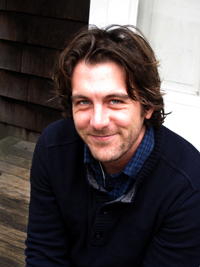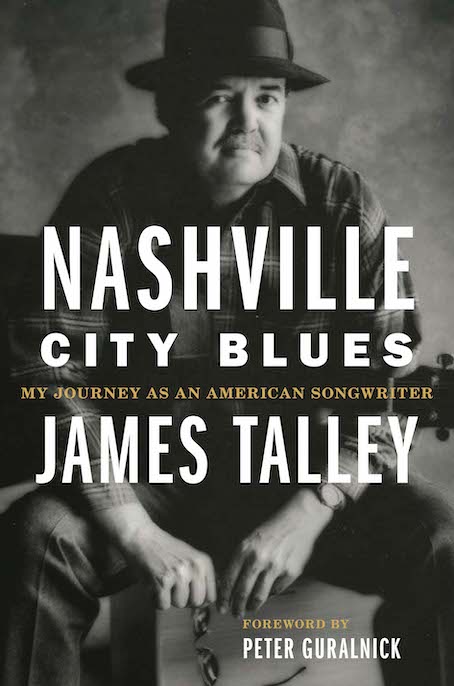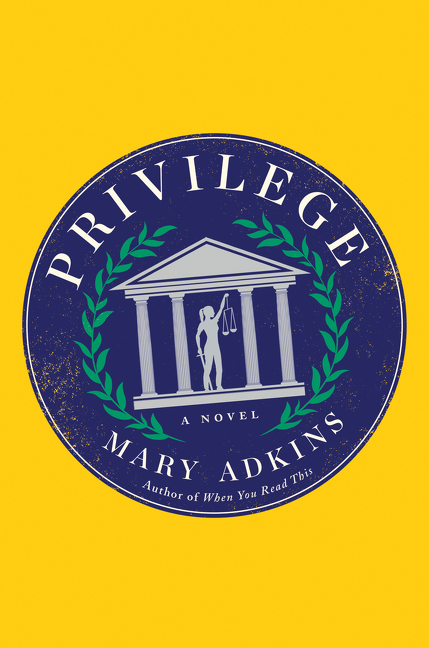Diverse Voices
Debut collections from poets Will Schutt and Joshua Robbins strike distinctly different tones
Anyone who questions whether there is a healthy diversity of sensibilities among up-and-coming poets need look no farther than the debut collections of Will Schutt, a former Nashvillian, and Knoxville’s Joshua Robbins. These two acclaimed new voices deliver elegantly crafted verse and sharp insight, but their perspectives are vastly different. The poems in Schutt’s Westerly interrogate the world brilliantly but quietly, attempting no answers to its mysteries. Robbins’s Praise Nothing is filled with images of ugliness and loss, and the whole collection makes a fierce case against the easy consolations of conventional faith.
 Schutt’s Westerly (Yale University Press, 80 pages, $18) is published as part of the Yale Series of Younger Poets. The Yale Younger Poets prize—the oldest annual literary award in the United States—is given to an American poet under forty who has not previously published a volume of poetry. Past winners include such luminaries as John Ashbery, Adrienne Rich, and Robert Hass. Schutt, in his early thirties and a graduate of the Hollins University M.F.A. program, seems at home in their company. The poems in Westerly explore dark existential territory with a kind of shimmering intelligence, and Schutt’s imagery is unexpected and beautifully wrought. “Flywheel with Variable Inertia,” for example, considers the experience of culturally constructed place through a slightly surreal vision of Los Angeles, the city “that wound us on its laugh track.”
Schutt’s Westerly (Yale University Press, 80 pages, $18) is published as part of the Yale Series of Younger Poets. The Yale Younger Poets prize—the oldest annual literary award in the United States—is given to an American poet under forty who has not previously published a volume of poetry. Past winners include such luminaries as John Ashbery, Adrienne Rich, and Robert Hass. Schutt, in his early thirties and a graduate of the Hollins University M.F.A. program, seems at home in their company. The poems in Westerly explore dark existential territory with a kind of shimmering intelligence, and Schutt’s imagery is unexpected and beautifully wrought. “Flywheel with Variable Inertia,” for example, considers the experience of culturally constructed place through a slightly surreal vision of Los Angeles, the city “that wound us on its laugh track.”
Wigged and wingèd movie stars.
Arroyo willow jutting up from tar pits.
La Brea’s redundancy of dire
wolf bones scooped from the mud
and posed in a mise-en-scène—
hunters frozen in that suck of heat.
Schutt’s poems display an aesthetic and intellectual confidence that might seem a little sophomoric if his execution were not so sure. It takes great craft to entangle the evolution of American culture with the mysteries of one couple’s marital unhappiness, as he does in “Rock Maple, White Pine,” but he succeeds in doing it with lovely, almost tender lines:
No one could exceed her
childhood’s silver sauceboats, the cheval glass
she tossed her dress in front of
like something out of Thomas Eakins.
 Westerly includes a handful of translations of Italian poets Alda Merini, Edoardo Sanguineti and Eugenio Montale, and these poems, like Schutt’s, own a quality of what might be called soulful disconnection—not a cold detachment but a kind of puzzled yearning for some purpose or engagement that can’t be realized. Nirvana, as the collection’s title poem puts it, “is a long time coming.” Call it old-style existential angst or millennial ennui, Will Schutt has the gifts to give it voice.
Westerly includes a handful of translations of Italian poets Alda Merini, Edoardo Sanguineti and Eugenio Montale, and these poems, like Schutt’s, own a quality of what might be called soulful disconnection—not a cold detachment but a kind of puzzled yearning for some purpose or engagement that can’t be realized. Nirvana, as the collection’s title poem puts it, “is a long time coming.” Call it old-style existential angst or millennial ennui, Will Schutt has the gifts to give it voice.
There is no such haunting sense of disconnection in Joshua Robbins’s Praise Nothing (University of Arkansas Press, 68 pages, $16). The poems in this collection are rich in anger and grief, and Robbins seems determined to turn away from nothing. His central concern is the impossibility of salvation in a mostly brutal and sad world. Many of the poems could be read as arguments with a God who isn’t there. “Sparrow,” for example, considers a homeless man huddled beneath an overpass in January:
Surely he signifies something
more than that which two
slumped shoulders and a sunken
chest might represent to those
of us sleepless in surrounding
subdivisions.
In “Swing Low,” the question becomes a negative certainty:
Surely nothing
is coming for to carry us home now.
This morning, more news of the same:
planes, body counts, incendiary clouds,
and a city burned alive as it slept.
Robbins, who is a lecturer at the University of Tennessee in Knoxville, finds the metaphorical blood and fire of the Bible made real in the world, and he uses them to make his case against belief in a present God. In “Dithyramb with Streetlight,” for example, teenagers get high to escape “the turnpike’s high-pitched whine / in their blood.” Ultimately, even that ersatz transcendence is denied them, and they remain in a realm where “all / that’s left is patched asphalt, chain-link.”
For all their ferocious unbelief and their determined attention to what is painful and unjust, Robbins’s poems are not nihilistic. What shines through here is a kind of secular spirituality and humanism of a particularly hardheaded variety. He calls a lone songbird in a bleak suburban landscape an “ash-gray lump” but goes on to say that he needs nothing but “your song of fire / never burning out.” The final poem in the collection, “A Patterning of Fire, a Gathering of Ash,” is in some ways the most brutal, filled with images of sad and horrific loss, and yet its last words urge survival, “to go on living /there with everything.”
Joshua Robbins will appear at Union Ave Books in Knoxville on April 7 at 3 p.m. He and Will Schutt will appear together at Parnassus Books in Nashville on April 13 at 2 p.m.


